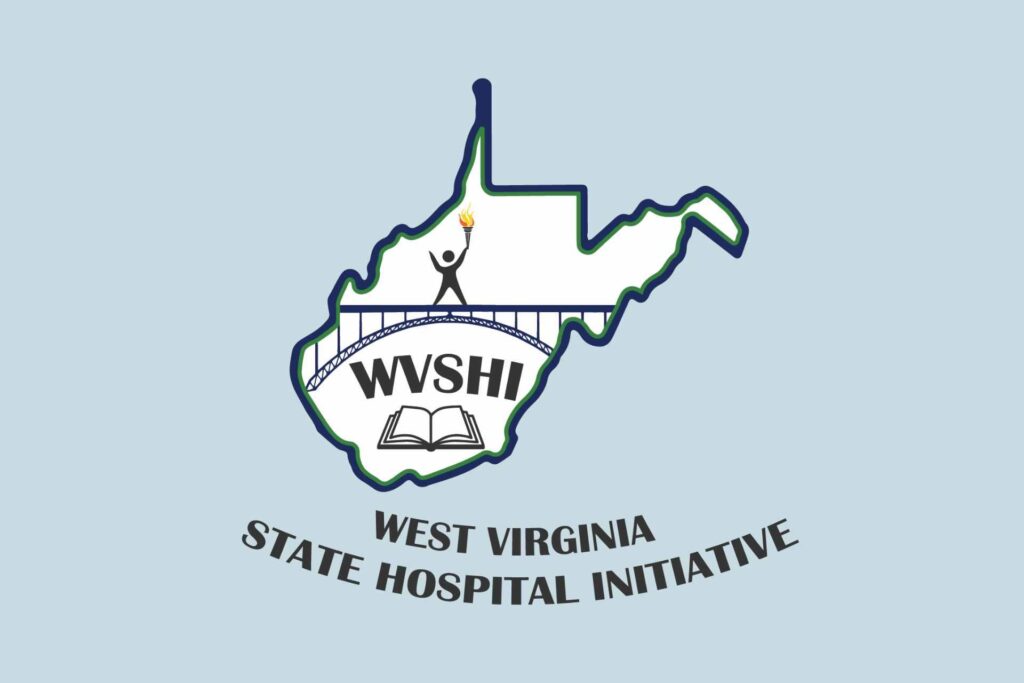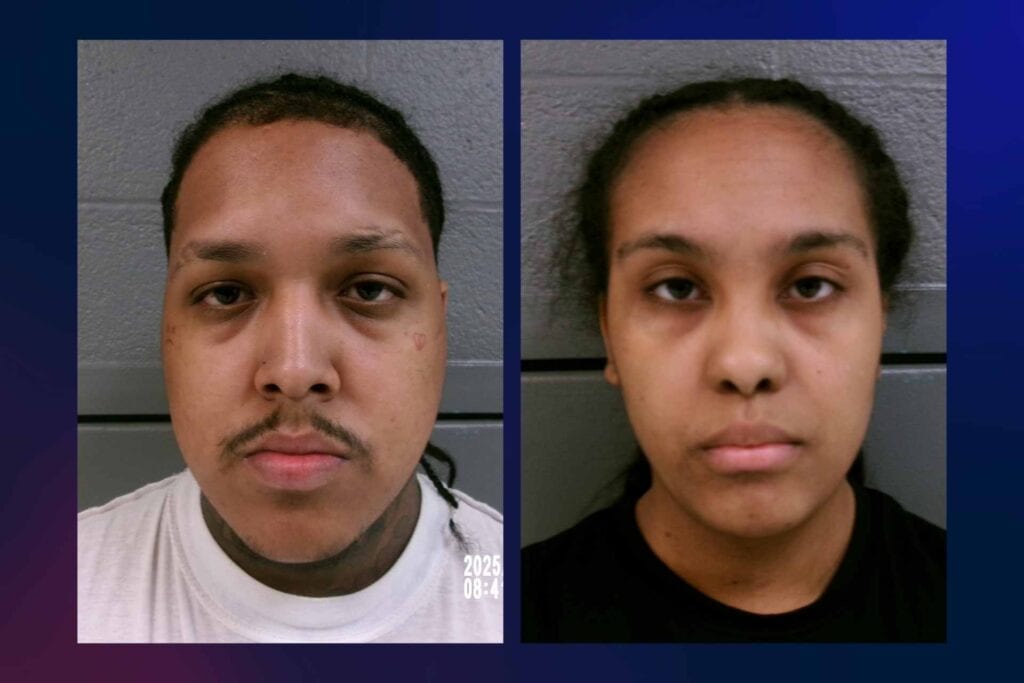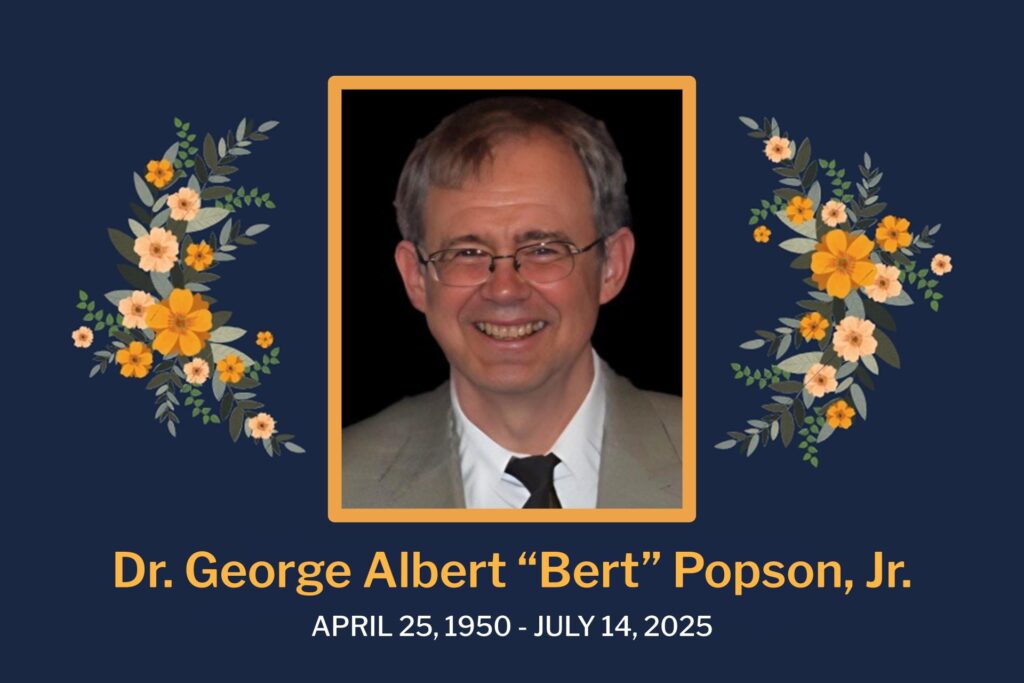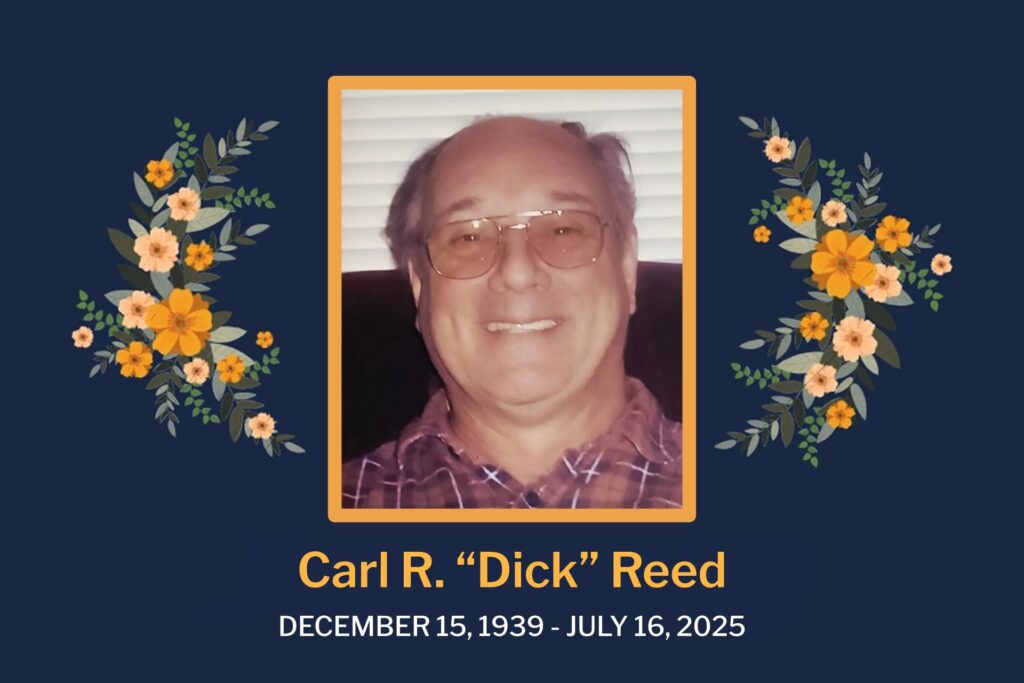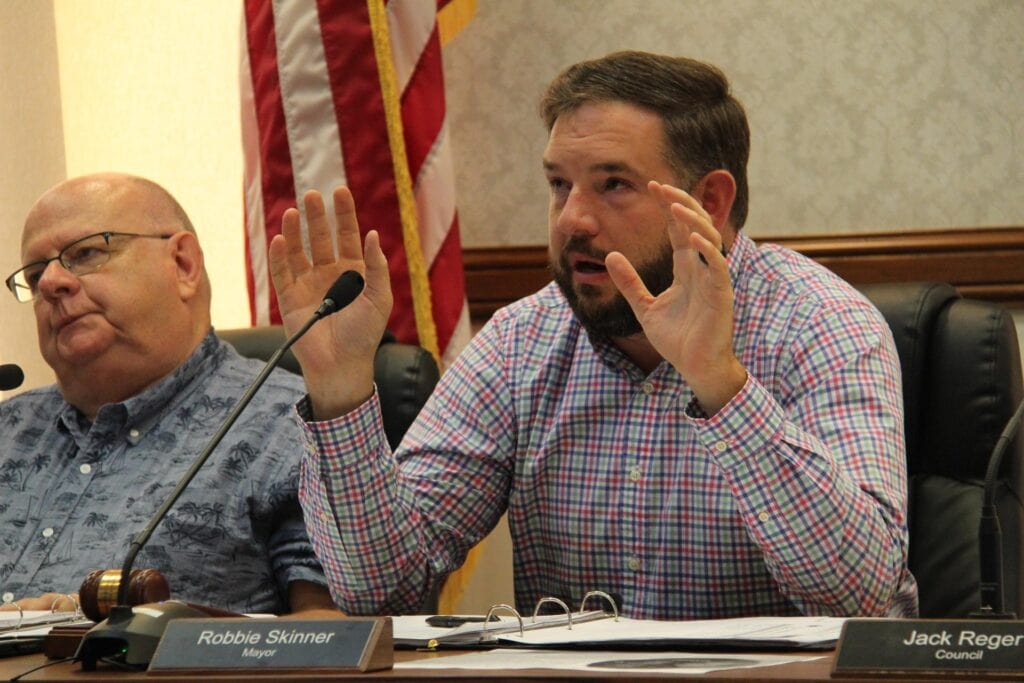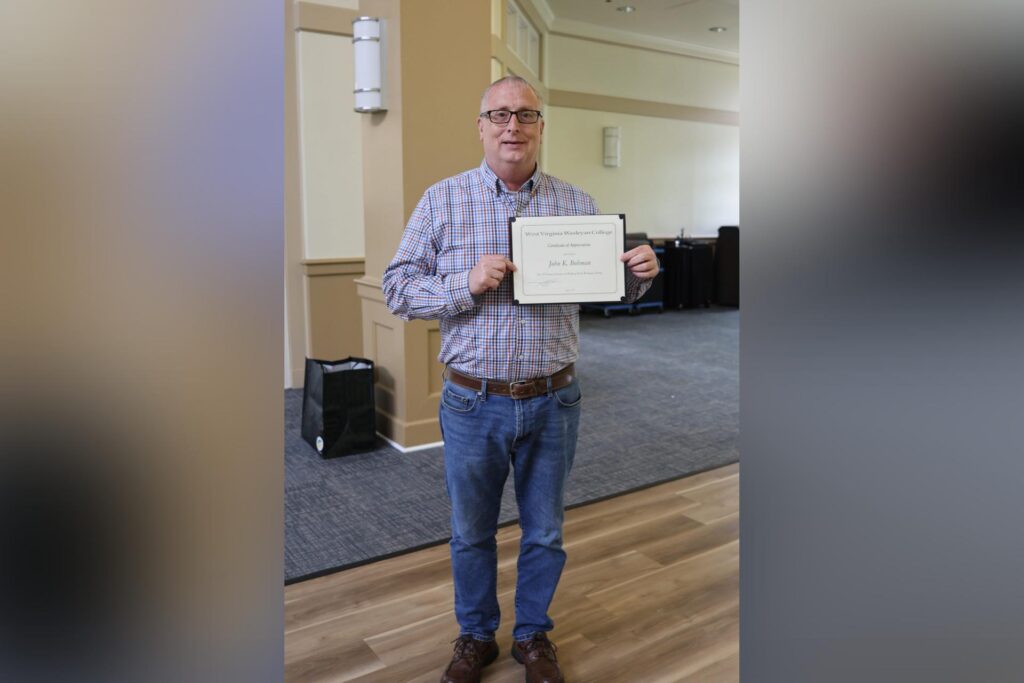The West Virginia State Hospital Initiative Inc. (WVSHI) has received formal confirmation from the West Virginia State Historic Preservation Office (SHPO) that the three cemeteries once used by the former Weston State Hospital have been found eligible for listing on the National Register of Historic Places.
This determination is a milestone in Project Dignity, WVSHI’s long-term initiative to preserve, document, and restore state hospital cemeteries across West Virginia. While Project Dignity is statewide in scope, the Weston cemeteries remain the current and sole focus due to their size, complexity, and the number of lives connected to them.
Used between 1864 and 1976, the three cemeteries are the final resting place for an estimated 2,400 to 5,000 individuals. Today, most of those graves are unmarked, not because they were
never marked, but because the numbered brick markers that once identified them were removed without authorization or instruction between 1979 and 1980. After their removal, the bricks were stacked near an entry gate to the hospital grounds and left exposed. Over time, they were taken by the general public until none remained. Years later, a small number of original markers were found in the basement of a home in Weston, where they had been used as the foundation for a furnace. Those bricks were eventually brought to Sharpe Hospital and later “gifted” to the Trans- Allegheny Lunatic Asylum, where they now remain on display in its museum. Despite the loss of original markers, SHPO determined that the cemeteries still retain sufficient integrity to convey their historical significance.
“This is not just a step forward. It is a clear and necessary turning point,” said Titus W. Swan,
Founder and CEO of WVSHI.
“These are not forgotten corners of land. They are part of our
state’s story. The people buried there lived real lives and deserve to be recognized, remembered, and treated with the dignity they were so often denied. This recognition is long-due, and we
intend to carry it forward with the seriousness it demands.”
While this determination does not guarantee final listing, it formally opens the path to the next phase of nomination. WVSHI will begin that process this week, including requesting the necessary federal documentation templates and submitting initial drafts to SHPO. The agency also confirmed in writing that, although a site visit is normally a standard protocol, one is not required in this case due to the strength and completeness of the materials submitted. This exception is uncommon and reflects the depth of evidence and preparation involved in the project.
WVSHI was offered two nomination options: expanding the existing listing of the Weston State Hospital or pursuing a new, standalone nomination for the cemeteries. After careful deliberation, the board of directors voted unanimously in favor of a new nomination.
“This was a strategic and thoughtful decision,” Swan explained. “It is not about diminishing the institution currently operating within the former hospital. In fact, we believe this brings additional depth to the story of the site as a whole. It also supports regional heritage tourism, adds another layer of historical engagement for guests, and strengthens Lewis County’s position as a destination for meaningful public history.”
Although the cemeteries remain closed to the public at this time, the finding of eligibility affirms the significance of this space, not only to descendants, but to the public at large. WVSHI continues to advocate for respectful access, documentation, and preservation under the framework of its ongoing work through Project Dignity.
“People sometimes ask why this matters. The answer is simple,” Swan said. “Dignity does not expire. History does not erase itself. And truth has a place, even if it takes decades to make room for it.”
To learn more about Project Dignity, submit an impact statement, or support the ongoing nomination, visit www.wvshi.org or email info@wvshi.org.
